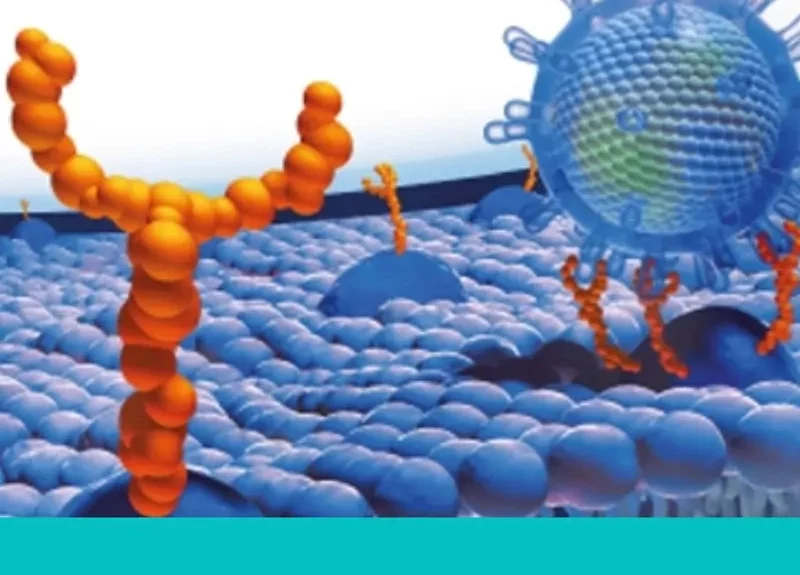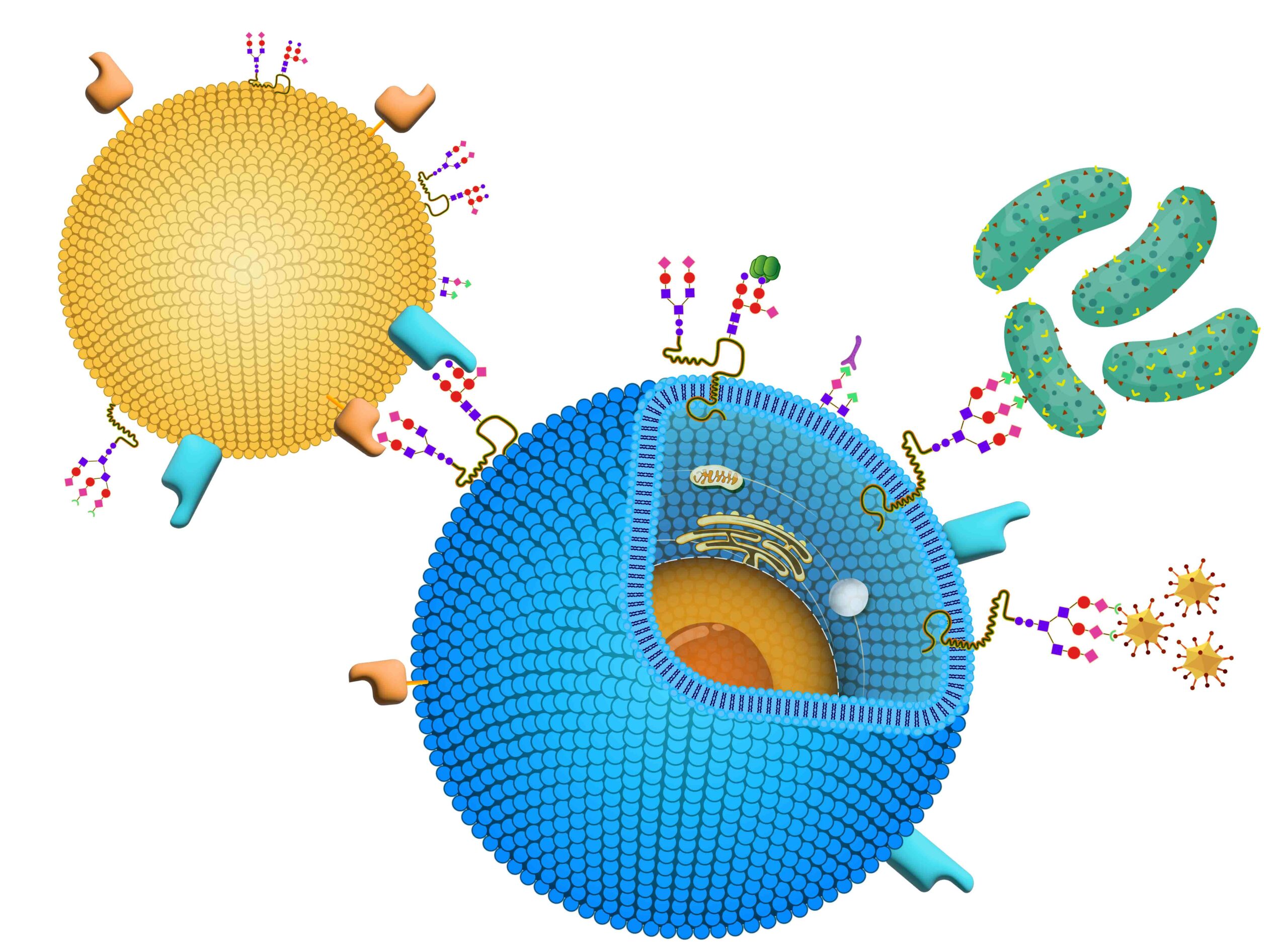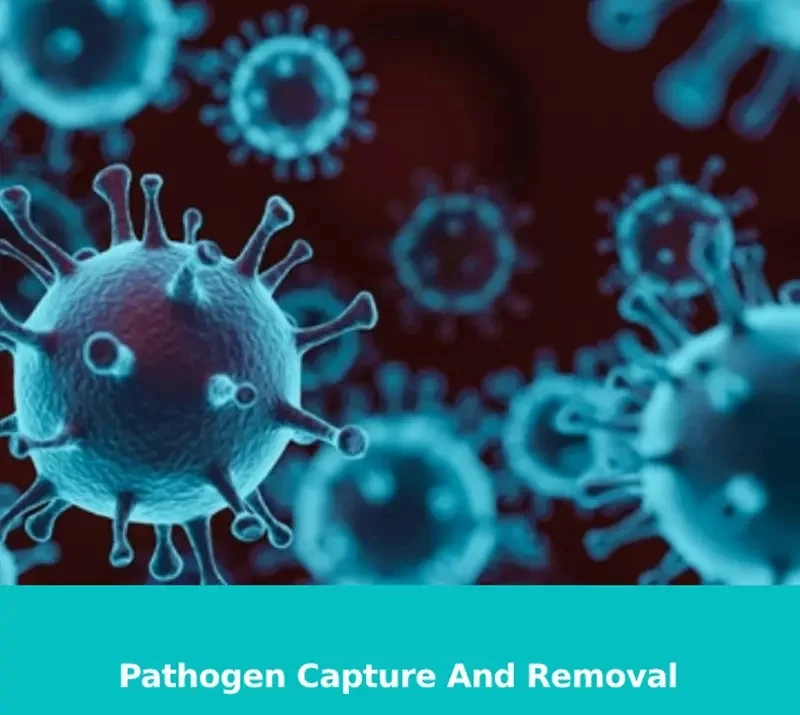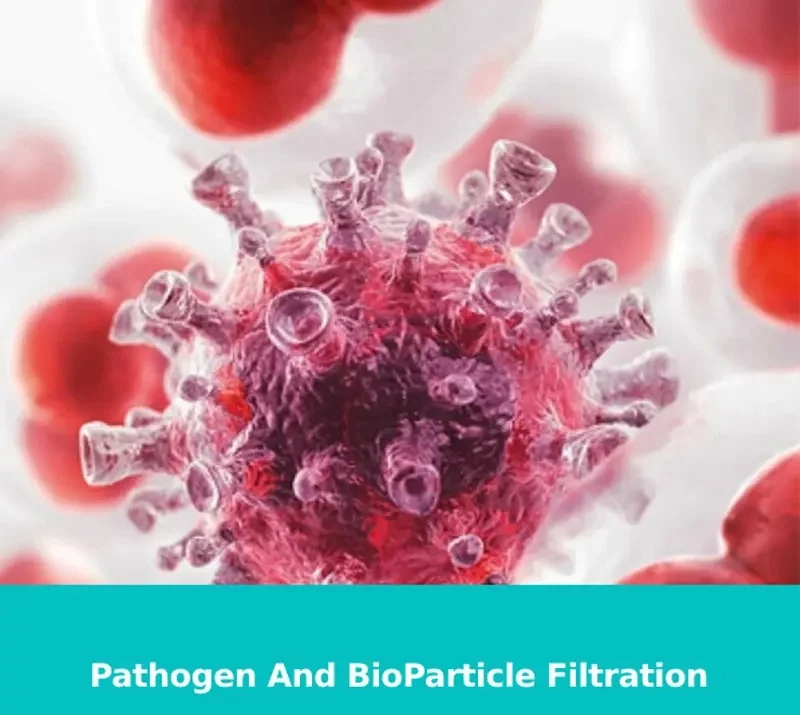PROJECT OVERVIEW
PROJECT DETAILS
- Category R&D

Aquila Bioscience is developing technologies that are inspired by nature’s natural immune defence mechanisms based on protein-carbohydrate interactions.
Protein-Carbohydrate molecules are among the most abundant and versatile natural molecules on Earth. They play crucial roles in all organisms, from microbes (such as viruses, bacteria and fungi) to larger organisms (such as humans).
Every cell is coated with protein-carbohydrate molecules; their presence and diversity are important for cell-cell and cell-molecule interactions such as host-microbe (pathogen and commensal), receptor-ligand recognition and host immune response. In layman’s analogy, these interactions are akin to VelcroTM where loops and hooks bind to each other to create an adhesive secure bond.


Interactions between carbohydrates (also known as glycans) and glycan binding proteins (lectins) are well understood due to many processes in pathogenesis. The primary function of lectins on microbes (they are also called adhesins) is to facilitate attachment or adherence to host cells via specific glycan (receptor) structures.
Glycan receptors on the surface of host cells are utilised by multiple pathogens for tropism and colonisation of the gastrointestinal, urogenital, respiratory tract and brain to establish infection. These glycans are also shed from our cells as a natural host barrier physical function against pathogen adhesion and colonisation.
With support from various EU funding sources and collaborators, Aquila Bioscience has developed proprietary Pathogen Capture Technology (PCT) which is currently being used within the following domains:
- Pathogen Capture and Removal
- Pathogen and BioParticle Filtration
- Diagnostic BioSensors and Forensics




